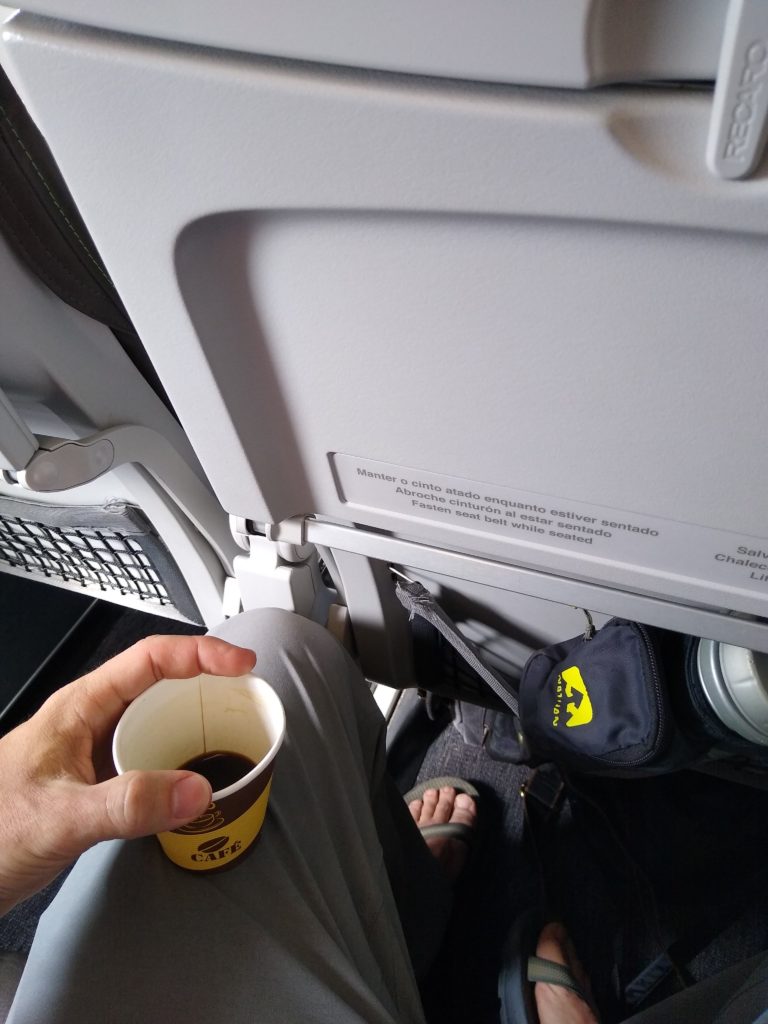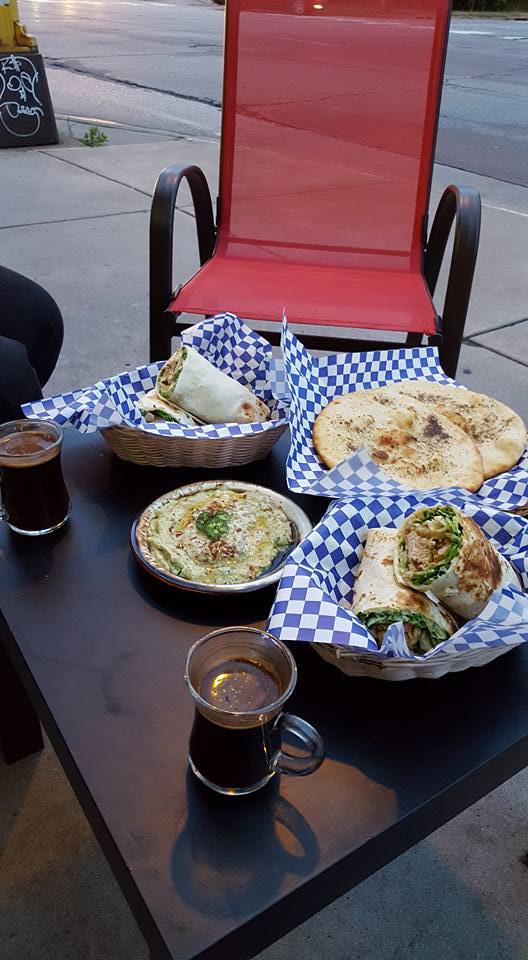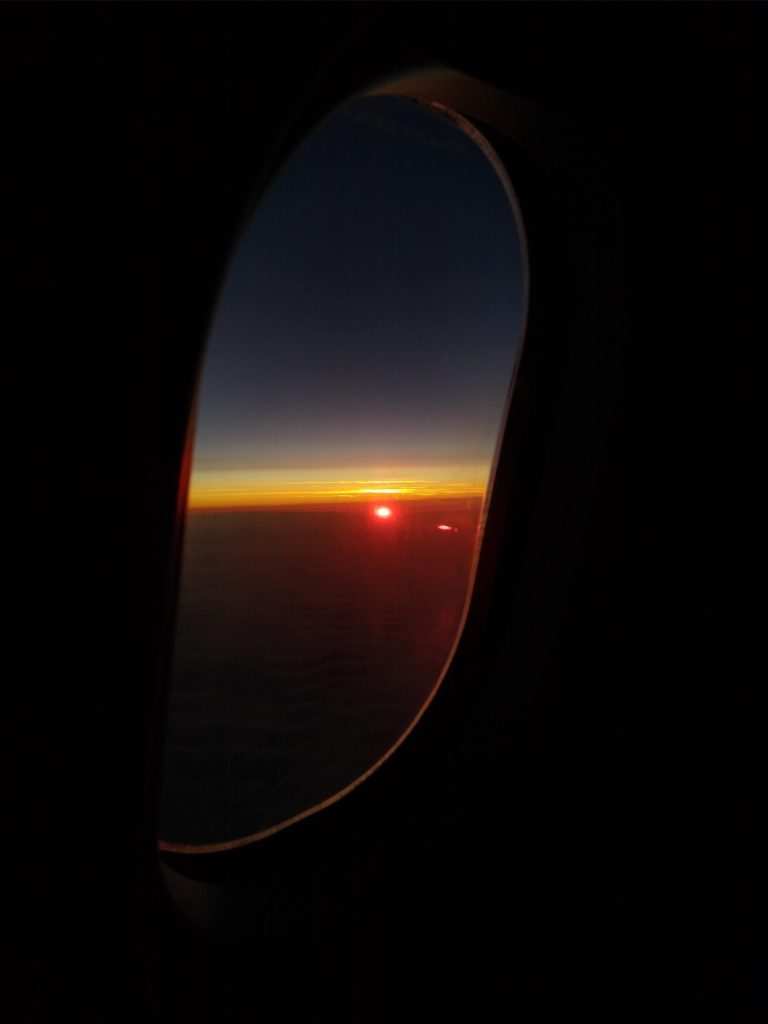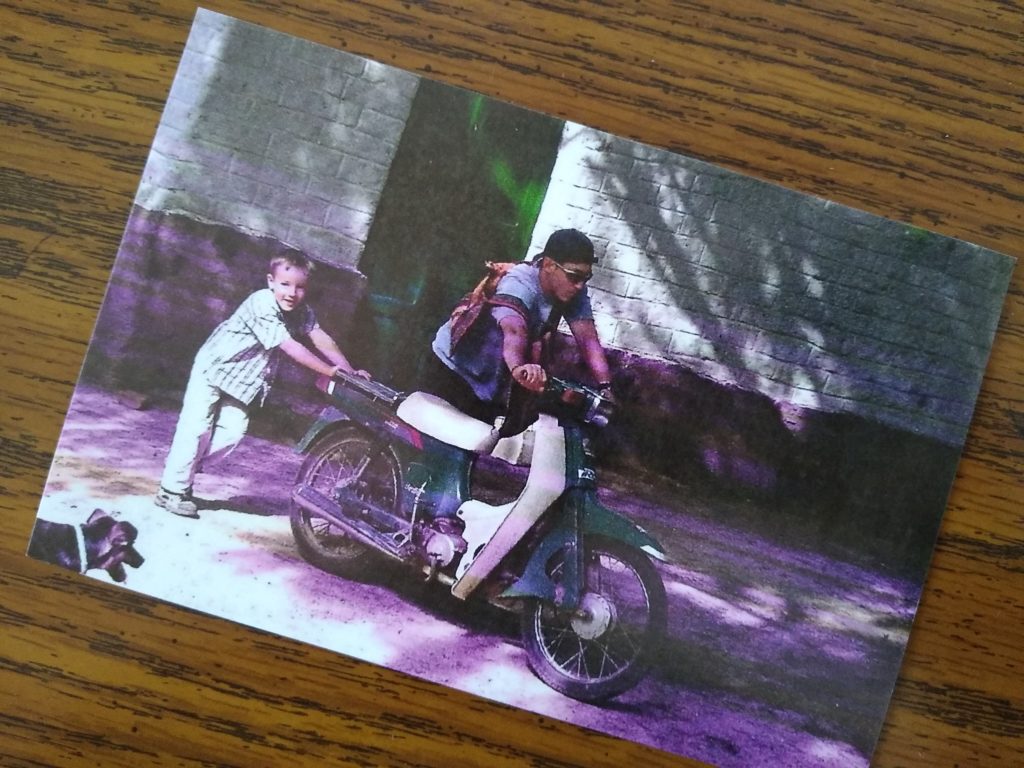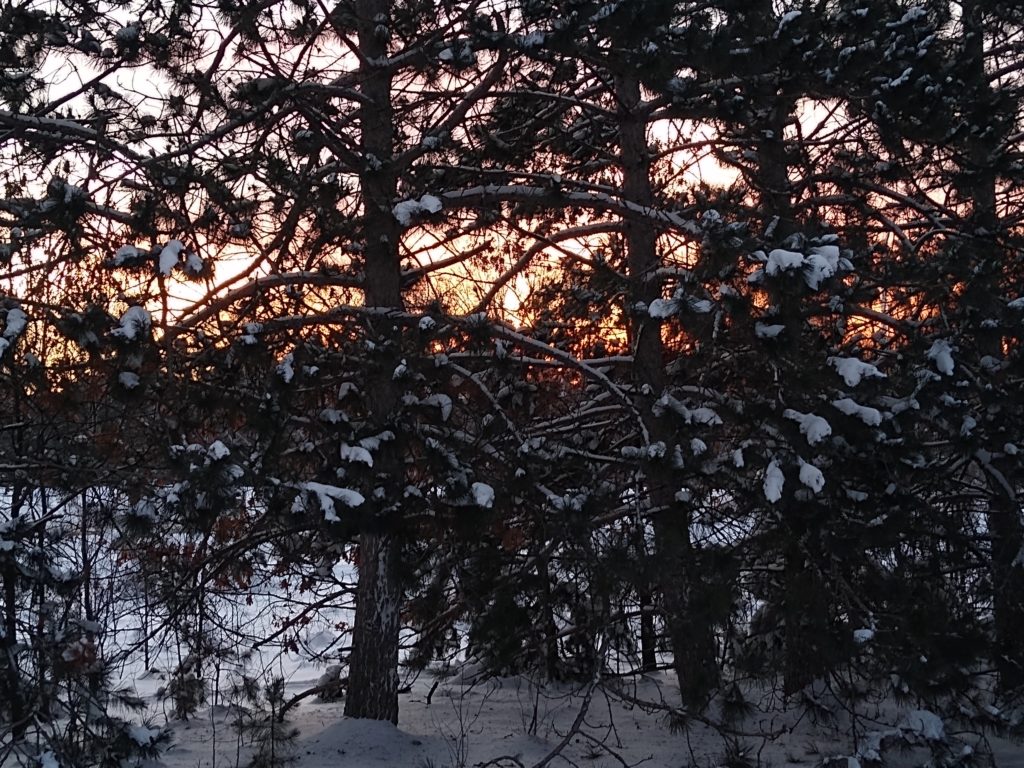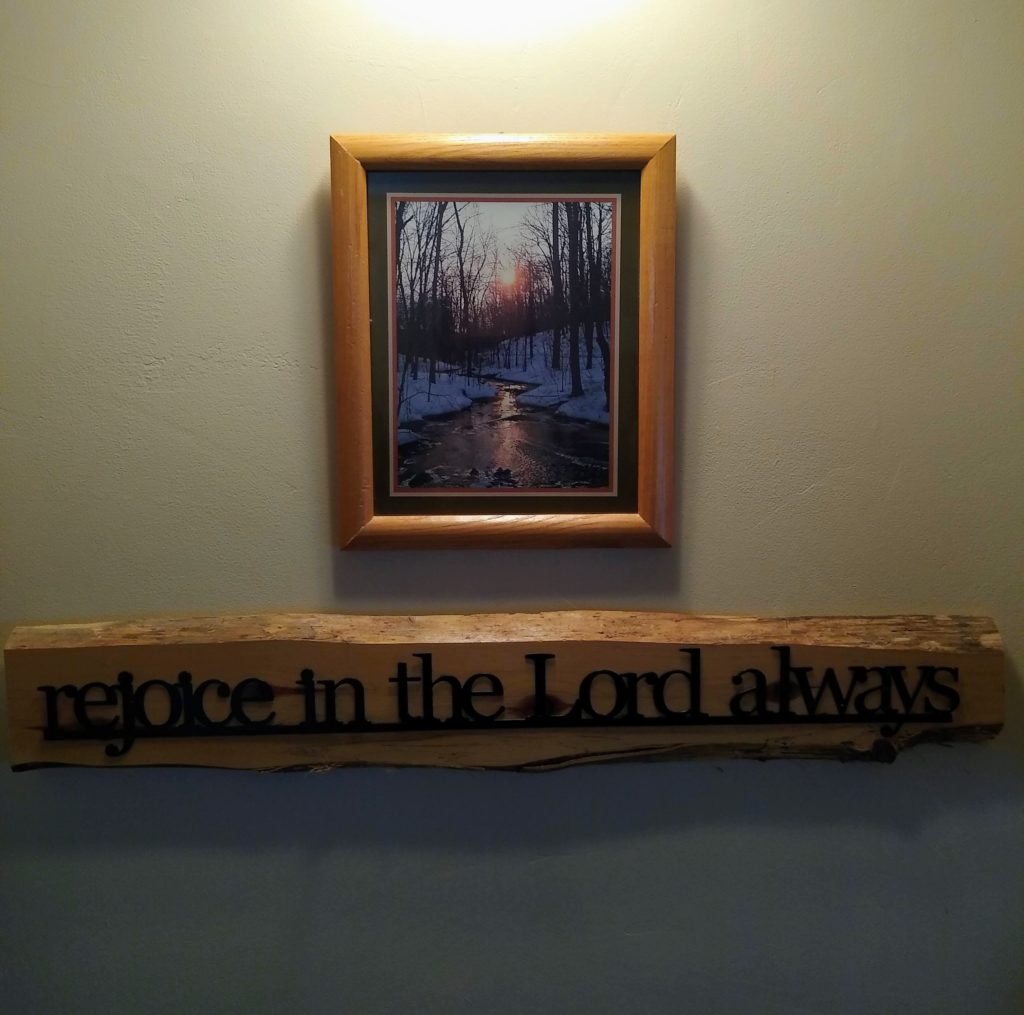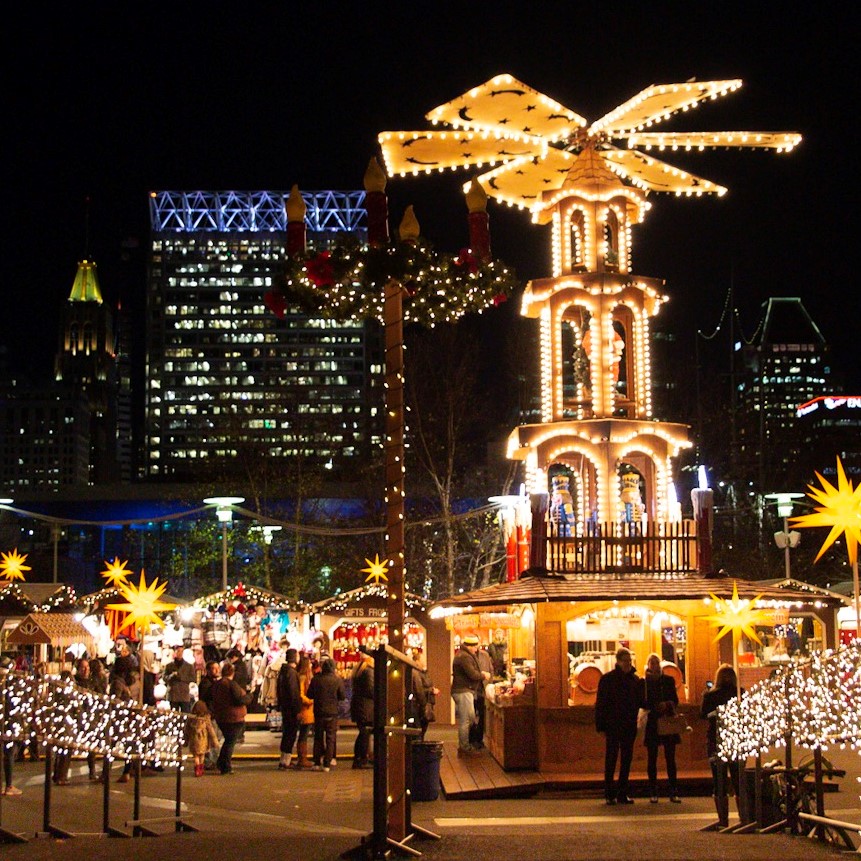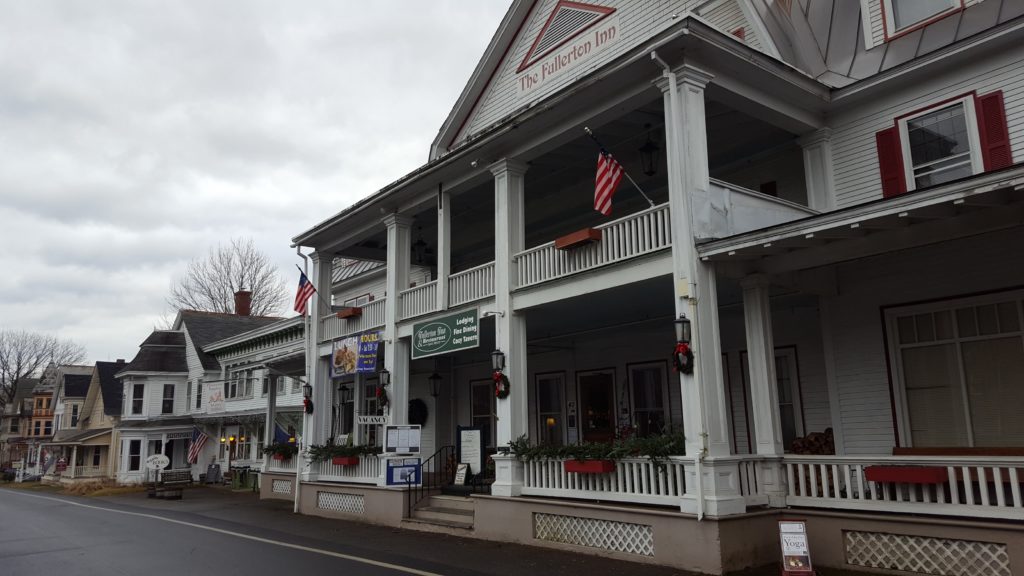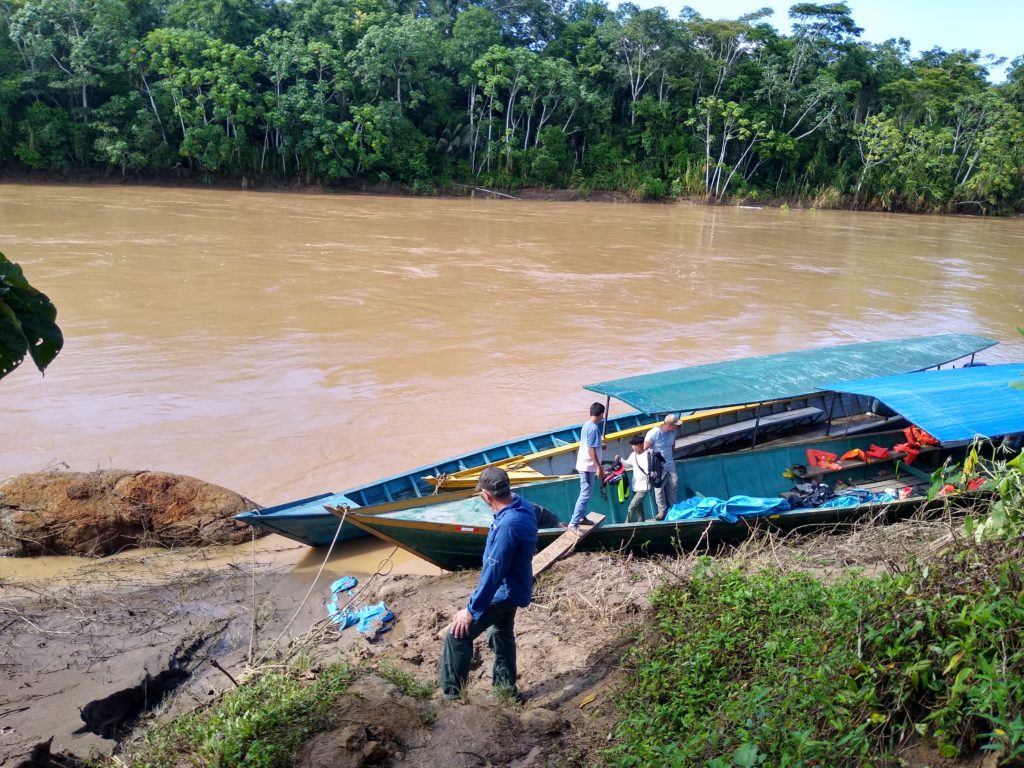
'22 Peru, part one
Travel Journal, 116
I recently spent some time in the Peruvian jungle. I worked with a medical team, bringing healthcare and the Gospel to a people who need both. Here are a few tales.
Shave Number One
Our travels up the Las Piedras River in the jungles of Peru had taken us hours upon hours. Each day brought us farther and farther from the luxury of a clean bathroom and sink. We’d made it to the furthest point of our week—a settlement deep in the heart of the Amazon basin. The medical team I traveled with spent 6 hours on a motorized 70-foot, flat-back-canoe on the first day alone. But that was nothing compared to the next day: 15 hours of boat travel. In one long day, the boat had become our refuge, our bed, our dining room, our bathroom. And now there we were on day two, trekking back toward our original start point of Puerto Maldonado.
Every day reached 90 degrees Fahrenheit. The humidity stifled us non-Peruvians. I broke out in a heat rash immediately. But that’s okay, the sunburn made it hardly noticeable. Ratty hair abounded. Clothes became rags. Try drying off after bathing. You’re still wet and now your only towel is too. Most us had become…unkempt.
But nothing can spruce up the weary jungle traveler like a nice shave.
Ah, the glories of a good shave. I hadn’t shaved for days and it was noticeable. At one point, our doctor literally offered to share his razor (he giggled, but he might have been serious).
I turned him down, laughed, and walked away. But then I saw Eric with his shave kit.
“You shaving, Eric?”
“I think so,” he said.
Eric is a different generation than me. He’s the dad of one of our nurses.
A thin, but study hand at the outdoors, capable of all and smiles throughout, this was Eric’s first trip to Peru. He managed nicely.
“I’ll go with you,” I said, caving to the peer pressure. If every other guy on this trip was going to clean up, I’d better fall in line. But we both knew what a shave meant. We would both need to go to the river and shave over the side of the boat. I went to grab my stuff.
“Bring your cell phone,” I cried over my shoulder. He had a blank stare in his eyes. But I got my kit and met him at the river.
I set up my cell phone with the camera facing me and started the process:
Wet face with brown river water.
Lather up with tiny hotel soap.
Rinse razor.
Shave face.
Don’t cut face.
Continue until camera shuts off automatically.
Turn it back on.
Repeat.
I was shaving, leaning over the side of the boat and balancing all of my accoutrements when my shaving companion looked up.
“Oh, I see what you meant!” Eric said laughing. “Well, here’s where the old meets the young. I’ve got a few tricks myself.”
He unfolding his shave kit and got set up.
“First,” he instructed, “Chapstick. Rub it on your face before the soap.” He did so and I watched.
“It’ll make the razor glide nicely.”
I held my razor midair, stupefied.
“Then I use this,” continued my Sensei. He held up a tiny mirror that looked like a shining silver dollar. He was operating in another dimension.
“It’s one of my wife’s broken compacts.”
Here I thought I had skills. Sure, my camera worked great. But this guy came loaded for bear, wielding lip balm like a samurai sword. I was playing checkers and he was playing 3D chess. Sure, we both learned something about shaving in the jungle.
But I think I got the better lesson.

Shave Number Two
“Do you want to get a haircut?”
The question came up at the end of our trip. We’d made it back to Puerto Maldonado after a long week in the jungle. With only one day left, somebody another team member mentioned a haircut before heading back to the States. It sounded like a good idea. And there’s something fairly romantic about doing the mundane, every day things, in a foreign country. Going for groceries is a trip to an outdoor market—a bazaar of goodies and flourishes. Getting a refreshing drink is a stop by a juice stand where the lady fresh squeezes oranges (one free refill). Knowing when to tip is a puzzle worthy of Will Shortz.
And a haircut, something so personal, feels riskier than taking a giant canoe up a jungle river. What happens if it’s not good? What will my family say? Do Peruvians know what cool sideburns look like? All great questions.
“Yeah, yeah, I think I will get a haircut,” I hesitantly decided. Others had and returned already. And they looked sharp, and dare I say, Peruvian.
But I wasn’t going alone.
“Eric,” I turned a sideways glance to my new friend, “how ‘bout you? Are you going?”
He put his hands on his hips and gave a nervous laugh.
“Well, Forrest, I’m doin’ whatever you’re doin’!” It was settled. In no more than 15 minutes, we both sat, side by side, in little roller chairs at a little salon along a side street. It was a corner shop, two of its sides opened up to the street with roll-top doors. We were on display, two gringos in the hands of Peruvian stylists.
I don’t care where you go in this world. Whether Minnesota, North Carolina, or a jungle-town in Peru, hair dressers are the same the world over. They chatted rapidly over the music blaring in the background; our two gals wore fingernails and a few strands of brightly colored gaudy hair done up over-the-top. They went to work on us with rapid fervor.
My hair dresser paused only long enough to ask questions about my sideburns. After a little translation and explanation, she whipped out a plastic handle and began fidgeting with it.
She turned around and produced a straight razor.
“Have you ever seen a straight razor?” asked our translator. I had, but it had been a long, long time. She was using it to trim my neck and sideburns.
“Can I also get a shave?” I asked.
Of course I could.
“Eric,” I hollered without turning my head. “Are you getting a shave?”
“Forrest…I’m doin’ whatever you’re doin’!” came the reply.
We hooked Eric up with the works.
But my laughter dimmed to through-the-teeth-breathing when the razor came to my face. All of the sudden, the river shave seemed safe and easy.
Every time the razor came down, a little more sweat pooled under my plastic cape. Eric’s nervous laugh came back. At one point I heard his dresser talk about his “sensitive skin.” I was nicked one time. I didn’t bleed to death. At the very point I thought doom was written for me, she set down the razor, and started moisturizing my face. I glanced over and saw Eric getting the same treatment.
We made it. The most nerve-wracking shave of my life.
And it was now time to pay the piper.
“How much?!” we balked.
We counted out the 10 Soles each. And gleefully we went on our merry, well-shaven in the heart of Peru.
The best $3 haircut and straight-razor shave we’d ever had.
anthony forrest
